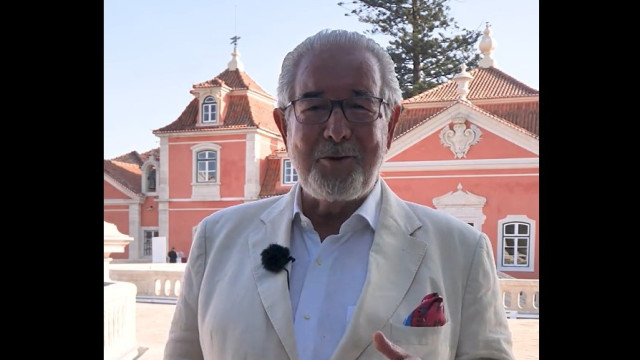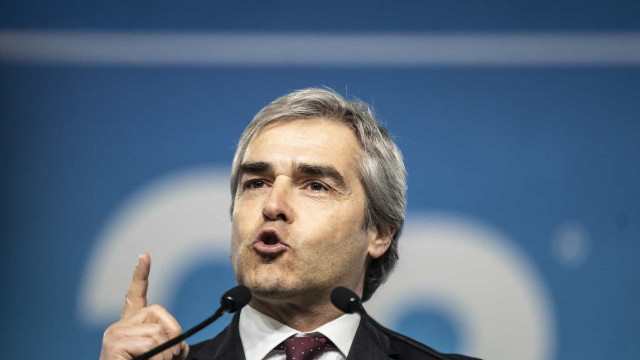
During the debate on parliamentary petitions from PCP, Livre, and BE concerning the government’s August 14 decree, Miguel Pinto Luz addressed the first reprivatization phase of TAP S.A., entailing the sale of up to 49.9% of the Portuguese aviation group.
Responding to PCP and Livre’s criticism of relinquishing a strategic asset, the minister asserted that the government aims for a “TAP that serves both Portuguese residents and the diaspora.”
From the government’s perspective, ensuring a “strong and robust TAP requires more than the highest bid in privatization; it necessitates a significant partner.”
The minister emphasized that the sale is strictly directed towards air operators or groups led by air operators, reflecting a clear guiding principle.
He acknowledged TAP’s appeal to major European airlines, while noting the operation expands bids to companies outside Europe, enhancing competition and consequently boosting the company’s value.
“We want a stronger and more competitive TAP. We aim for taxpayers, who invested over €3.2 billion through taxes, to see their investment not only rewarded but, whenever possible, returned,” Pinto Luz stated.
He assured that “public service obligations will remain unchanged.”
During the presentation of resolutions seeking government decree cessation, Livre MP Jorge Pinto argued that retaining the company as public is preferable for a country with two archipelagos, millions in the diaspora, and historical ties to other Portuguese-speaking nations, which influence TAP’s routes.
Pinto highlighted Portugal’s unique potential in future aviation fuels and advocated for a “state, public vision uniting energy transition with aeronatic design transition,” positioning Portugal as a global airline sector model with TAP at the forefront.
The company, he said, “recovers through its profits and taxes paid here, unlike others favored but taxed in the Netherlands and elsewhere.”
Paulo Raimundo emphasized TAP’s contributions, asserting, “It aids the Portuguese economy by purchasing locally, creating jobs, paying salaries here, contributing to social security, and accounting for 4% of GDP as the largest national service exporter. It’s valuable, which is why sharks are eager to seize it.”
The sale process allows a direct divestment of up to 44.9% of the group, potentially accompanied by capital structure changes determined by the Council of Ministers, according to the government decree.
Additionally, up to 5% of capital will be sold to TAP employees, ensuring the state retains no less than a 50.1% share post-transactions.




